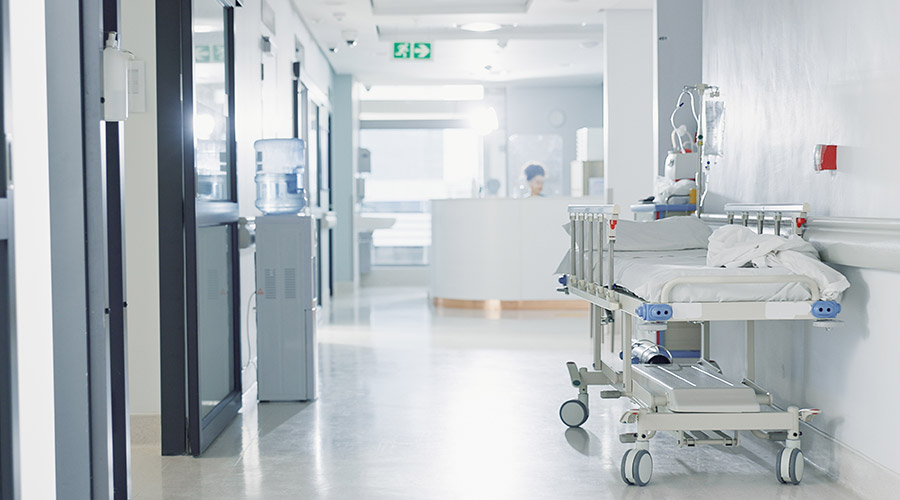Pinpoint Inc. has added a new optional feature to its INSTANTalarm® 5000 Staff Duress System that enables healthcare professionals to document and create an audit trail for ‘15-minute patient checks’.
Frequent monitoring has been proven to reduce the incidents of self-harm and suicide in psychiatric wards, hospitals and nursing homes. Traditionally 15-minute checks are logged manually, if at all.
Pinpoint has integrated specialist technology into the duress alarm badges that are worn by healthcare employees. Tapping the badge against the bed check panel will send a message to the system that the room and/or the patient has been visited and creates a database of these visits. Depending on the requirements there can be a receiver in each room or at each individual patient bed.
“We have developed the technology in response to requests from our customers,” said Allan Aikman, senior design engineer at Pinpoint. “We understand the importance of the work undertaken by healthcare professionals. This technology takes one admin task off their daily list and automatically creates a compliance audit trail that most of them have never had before.”
“Chief nursing officers, nurse managers and directors of safety/security believe our new solution will be an essential component in helping to streamline patient welfare checks. Liaising with our clients ahead of development allowed us to better understand their needs,” said Corey Greenberg, business development manager at Pinpoint Inc. in New York.
The Pinpoint bed check panels are hard-wired. This reduces any errors due to interference or connectivity issues. For the patient check to register, the nurse’s badge must touch the bed check panel, therefore ensuring that the nurse has actually entered the room or approached the bed to check on the patient.
The new ‘15-minute patient check’ feature from Pinpoint helps minimise any risk of missing vital patient checks, since every check is now individually and automatically logged in the system. As with all Pinpoint Inc. systems this is configurable to individual customers’ needs.
These checks are not only necessary because they were ordered by doctors and provide proof for insurers, they also promote a closer relationship and trust between healthcare professional and patient.
 Healthcare Real Estate: Challenges and Industry Shifts for 2025
Healthcare Real Estate: Challenges and Industry Shifts for 2025 Geisinger to Build $32 Million Cancer Center in Pennsylvania
Geisinger to Build $32 Million Cancer Center in Pennsylvania Sunflower Medical Group Experiences Data Breach
Sunflower Medical Group Experiences Data Breach Strategies to Eradicate Biofilm Containing C. Auris
Strategies to Eradicate Biofilm Containing C. Auris Man Attacks Nurses, Police Officer at Jefferson Hospital
Man Attacks Nurses, Police Officer at Jefferson Hospital